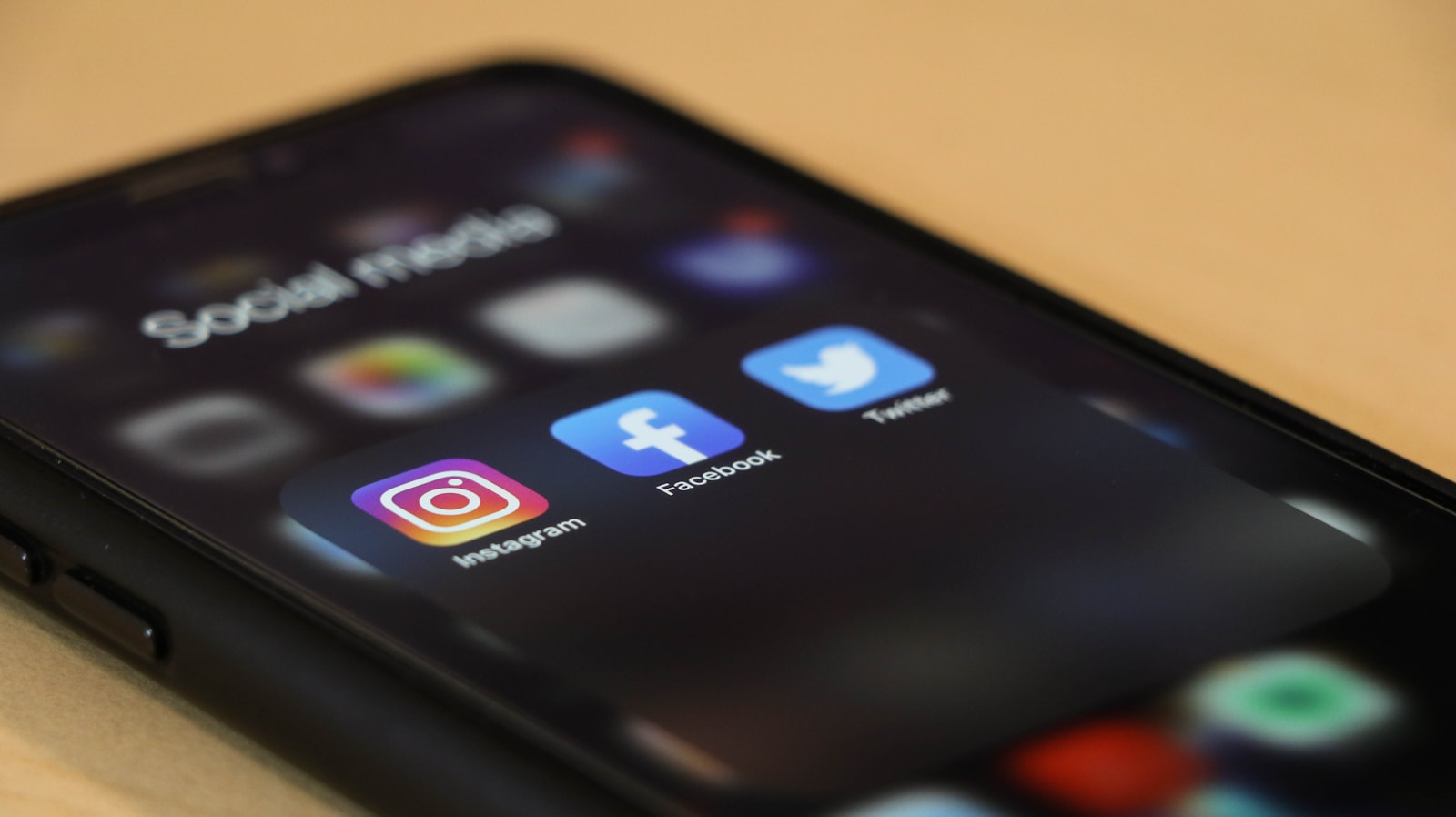We’ve all been there. A breakup leaves a void and, before long, you’re typing your ex’s name into the search bar, scrolling through their latest posts, trying to decode their smiles and who’s in their photos. Social media makes this behavior almost irresistible — just a few taps away from feeling connected again. But stalking your ex online isn’t as benign as it might seem. It’s emotionally charged, mentally taxing, and can quietly prevent you from healing.
Why Do We Stalk Our Exes on Social Media?
After a relationship ends, many people find themselves obsessively checking their ex-partner’s profiles. This isn’t just because of curiosity — it’s usually driven by a deeper psychological need.
1. A Coping Mechanism for Loss
Breakups trigger a form of grief, similar to mourning. Your brain, suddenly deprived of the attachment it relied upon, seeks ways to maintain a connection. Social media provides an illusion of closeness, letting you ‘check in’ without engaging.
2. Fear of Missing Out (FOMO)
There’s a subtle fear that your ex is moving on faster, having more fun, or even finding someone new. Constant scrolling gives you the sense that you’re staying in the loop, even if it causes distress.
3. Unresolved Feelings
Whether it’s love, resentment, guilt, or confusion, lingering emotions often drive the need to watch from afar. You might be looking for signs that they still care — or for closure that never came.
4. Habitual Checking and Addiction
Digital platforms are designed to be addictive. The notification buzz, new photos, and algorithmic suggestions make it easy to fall into a loop. Before long, you associate scrolling with the need for emotional reassurance or distraction.
What Social Media Stalking Does to Your Mental Health
While it might feel harmless, regularly checking your ex’s social profiles can have tangible negative effects. Here’s how it can backfire:
- Delays emotional healing: Every “visit” reignites emotional memories, preventing closure and keeping mental wounds open.
- Triggers unnecessary anxiety: Misinterpreting posts or photos can lead to spiraling thoughts and assumptions.
- Lowers self-esteem: Comparing your journey to their curated online presence can leave you feeling inadequate or behind.
- Reinforces obsessional thinking: The behavior becomes compulsive, feeding into rumination, a common symptom in post-breakup distress.
Signs You’re Social Media Stalking Your Ex Too Much
It’s easy to deny that you’re investing too much time in your ex’s virtual world. However, there are warning signs:
- You check their account multiple times a day.
- You monitor who likes or comments on their posts.
- You feel anxious or upset after viewing their content.
- You’ve created fake accounts or used others’ profiles to view their updates.
- You prioritize checking their activity over your own well-being.
If you said “yes” to three or more of these, you may be entangled in a pattern that’s doing more harm than good.
The Neuroscience Behind Breakups and Obsessive Checking
From a brain-science perspective, love mimics addiction. Dopamine, the reward chemical, floods your system when you interact with your partner. After a breakup, your brain craves those same highs, and stalking becomes a form of withdrawal management. Imaging studies show that the same neural pathways are activated after romantic rejection as after physical pain or drug withdrawal.
Your brain is trying to reduce uncertainty and regain control — but, ironically, social media often amplifies uncertainty by providing incomplete information, which our brains fill with bias and assumptions.
How to Stop Stalking and Start Healing
Breaking the habit of checking your ex’s profile isn’t easy — but it’s essential for moving on. Consider these psychology-backed strategies:
1. Understand Your Triggers
What situations lead you to check their profile? Late at night? After a bad day? Recognizing your patterns helps you intervene early with healthier behaviors.
2. Set Clear Boundaries
- Unfollow (or mute) them on all platforms.
- Remove mutual friend updates that feature your ex.
- Log out of or delete social apps temporarily.
These aren’t about being petty — they’re self-protection mechanisms.
3. Replace the Habit
Habits don’t simply vanish — they’re replaced. Whenever you feel the urge to check their profile, redirect your attention with a positive alternative:
- Journaling about your feelings
- Calling a supportive friend
- Engaging in a creative hobby
4. Process the Grief
Avoiding processing the pain keeps you stuck. Talk to a therapist, write about the breakup, or join a support group. Emotional processing creates space for acceptance and growth.
5. Reclaim Your Narrative
Don’t let their profile dictate your story. Redirect your energy into personal development. Whether it’s signing up for a new course, traveling, or setting new goals, focus on creating a life that doesn’t center around your past.
Helping Yourself with Psychological Tools
Several psychological approaches can help shift your mindset and support healing after a breakup:
Mindfulness and Acceptance
Practicing mindfulness helps you become aware of urges and emotions without immediately acting on them. Apps like Headspace or Insight Timer offer guided meditations specifically for heartbreak and detachment.
Cognitive Behavioral Techniques (CBT)
CBT helps you identify and challenge distorted thoughts like “They’ve moved on faster, so I must have meant less.” Replace these with balanced, evidence-based thinking: “Social media doesn’t tell the full story. Everyone processes breakups differently.”
Journaling Prompts for Self-Reflection
Writing can help clarify what you’re feeling and why. Try these prompts:
- What am I hoping to feel or find when I check their profile?
- What would closure or peace of mind truly look like for me?
- What have I learned from this relationship about myself?
What If You’re Still Friends Online?
This is common and tricky. If you’re struggling to move on while still seeing their posts, consider the following options:
- Use mute features: Most platforms allow you to stop seeing someone’s posts without unfollowing or unfriending.
- Communicate your needs: If appropriate, tell your ex you need digital space to heal.
- Revisit the friendship later: You don’t have to be online friends (or real-life friends) immediately after a breakup. Give it time.
When to Seek Professional Help
If online stalking feels compulsive, interferes with your daily life, or spirals into anxiety or depression, it may be time to speak with a therapist. Cognitive behavioral therapy, acceptance and commitment therapy, and even group counseling can provide essential tools and support for moving on.
Moving Forward: Rebuilding Without Their Digital Shadow
Breaking the habit of social media stalking your ex isn’t about suppressing your thoughts — it’s about regaining control over your story. Every click, every scroll, is a decision to revisit the past. Healing doesn’t mean forgetting the relationship or pretending it didn’t matter. It means choosing to prioritize your well-being, growth, and peace.
In time, you’ll wake up and realize you haven’t checked their profile in weeks. The silence they once occupied in your feed will be replaced by things you chose: peace, new goals, and maybe a little joy.
Final Takeaway
Stalking your ex online might feel like a source of connection or comfort, but it often leads to prolonged emotional pain and distorted thinking. Recognizing the behavior, understanding its roots, and replacing it with meaningful habits can help you move into a healthier mental space. Healing is not found in their updates — it’s created in your own daily choices.




